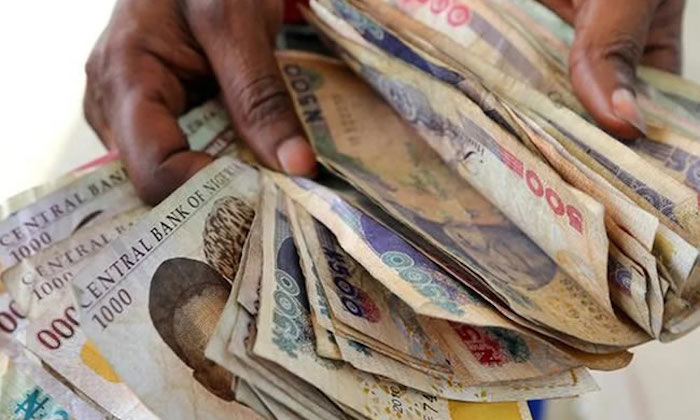Abuja, Nigeria – Nigeria’s currency, the naira, is demonstrating unexpected resilience in 2025, defying its long-standing correlation with global oil prices. Despite a decline in crude oil—Nigeria’s primary source of foreign exchange—the naira has held steady, trading around ₦1,530 to the U.S. dollar as of Tuesday.
This trend marks a significant shift from historical patterns where the naira’s fortunes closely mirrored oil market movements.
Analysts See Structural Shift
According to analysts at Deutsche Bank AG and CardinalStone, the naira is likely to close the year around ₦1,556 to the dollar—its average exchange rate during the first half of 2025. This stability follows a sharp 41% depreciation in 2024.
“The currency has shown remarkable resilience in recent months despite the pressure from weaker oil prices,” a Deutsche Bank analyst stated. “This is a clear indication that the naira is beginning to break free from its traditional correlation with crude oil.”
CardinalStone added that tighter monetary policies and improved investor sentiment are now playing a bigger role in exchange rate stability than oil revenues alone.
Why the Naira Is Holding Firm
Several factors are credited with the naira’s newfound strength:
-
Tighter monetary policy under the Central Bank of Nigeria (CBN)
-
Greater FX market transparency and liquidity
-
Unified exchange rates between official and parallel markets
-
Confidence-building reforms under President Bola Tinubu’s administration, especially after the CBN leadership overhaul in June 2023
The reforms have made Nigeria’s forex environment more attractive to foreign investors, according to the International Monetary Fund (IMF). “When we talk to investors, they’re happy,” said Axel Schimmelpfennig, IMF mission chief. “They can invest in Nigeria, and when they want, they can bring their proceeds out.”
Cautious Optimism Amid Oil Uncertainty
While this decoupling from oil prices signals a promising shift, experts caution that the trend is still in its early stages. A further decline in oil prices or a retreat in foreign capital inflows could pressure the naira once again.
The IMF recommends building stronger financial buffers, continuing tight monetary policy, and revising the 2025 national budget, which assumes oil prices at $75/barrel—higher than the current $68/barrel average.
Still, the current naira stability presents a rare window of opportunity for economic diversification in Africa’s largest economy.
